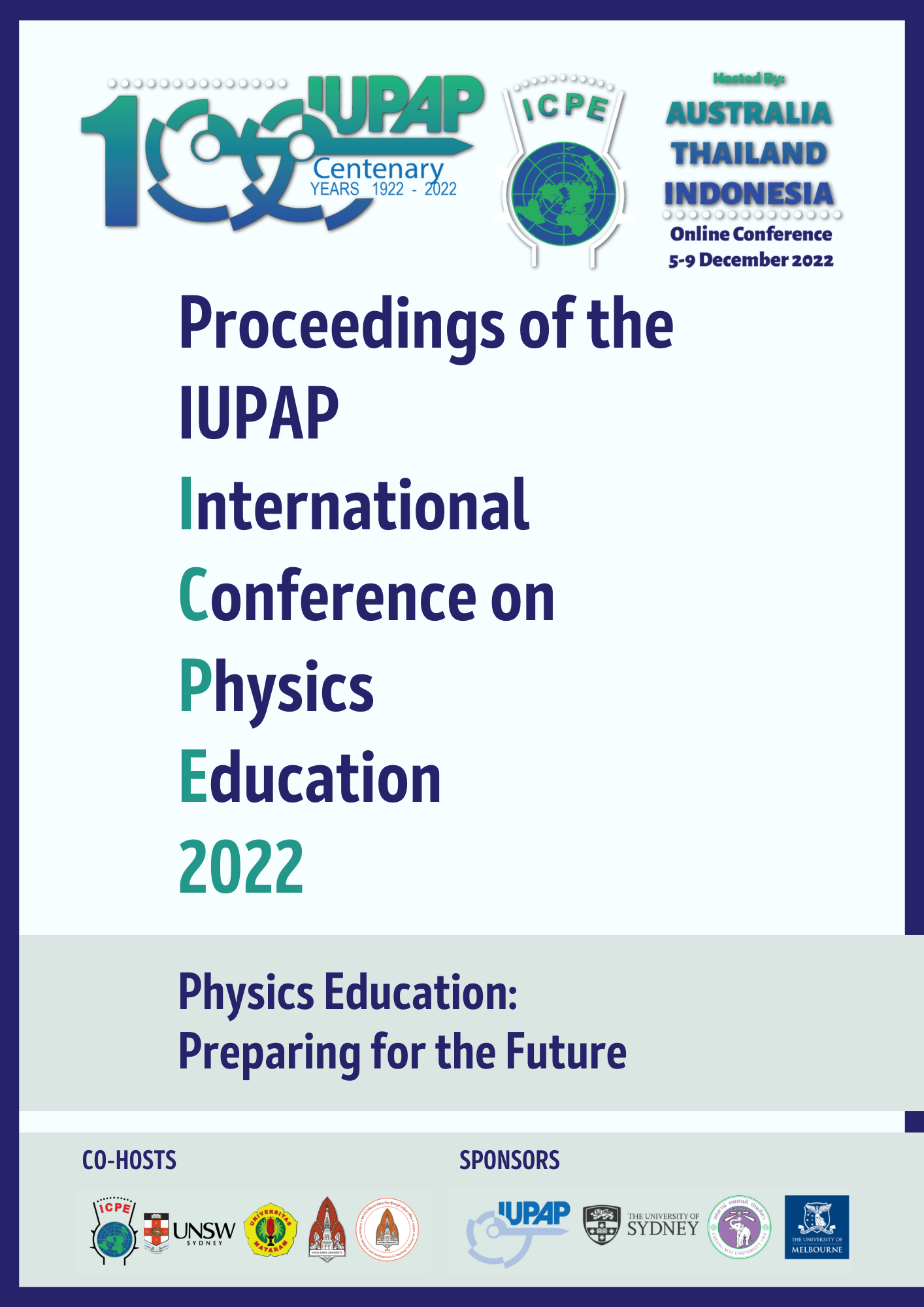Revolutions in education
Keywords:
Constructivism, Multimedia, Educational Revolutions, Education ResearchAbstract
As we look to the future of education and ‘prepare for the future’ as is the theme of ICPE2022, it is instructive to consider what has been said in the past about the future of education. Many revolutions in education have been predicted, and most have not come to pass. One recent example is that of MOOCs. In this presentation, I examine why these predictions have failed, revealing some important aspects of effective education.
Discussing prophesised revolutions in education which have not eventuated, will address a number of features and pitfalls, uncovering provocative ideas I see in education research. Constructivism, while deeply embedded in educational psyche and systems, has both positives and negatives underpinned by the constructivist philosophy. The challenges brought on by the multifaceted nature of education research, contentions around the evidence base are ever present. The complicated incentives for educational researchers to invent new terms and phrases for the same concept and ideas are part and parcel of their research. Recent developments in cognitive science and psychology research, readily available in the extant literature, have not been transferred and/or translated into educational practice. What is apparent is the need for more replications in authentic classrooms and contexts, generating a myriad of overlapping studies such that synthesis can lead to systematic and robust findings. In this talk I will advocate for the value of the integration, building on terms, theories, methods, evidence for systemic change in education.
Veritasium. (2021, June 10). The Biggest Myth in Education [Video]. YouTube. https://youtu.be/rhgwIhB58PA
Veritasium. (2014, December 2). The Most Persistent Myth [Video]. YouTube. https://youtu.be/GEmuEWjHr5c
Veritasium. (2017, March 3). The Science of Thinking [Video]. YouTube. https://youtu.be/UBVV8pch1dM
Downloads
Published
Issue
Section
License
Authors who publish with the Proceedings of the International Conference on Physics Education 2022 agree to the following terms:
a) Authors retain copyright and grant the journal right of first publication with the work simultaneously licensed under a Creative Commons Attribution License (https://creativecommons.org/licenses/by/4.0/) that allows others to share the work with an acknowledgement of the work's authorship and initial publication in this journal.
b) Authors are able to enter into separate, additional contractual arrangements for the non-exclusive distribution of the journal's published version of the work (e.g., post it to an institutional repository or publish it in a book), with an acknowledgement of its initial publication in this journal.
c) Authors are permitted and encouraged to post their work online (e.g., in institutional repositories or on their website) prior to and during the submission process, as it can lead to productive exchanges, as well as earlier and greater citation of published work (See The Effect of Open Access - http://opcit.eprints.org/oacitation-biblio.html).
Privacy Statement The names and email addresses entered in the Proceedings of the International Conference on Physics Education 2022 site will be used exclusively for the stated purposes of this journal and will not be made available for any other purpose or to any other party.
